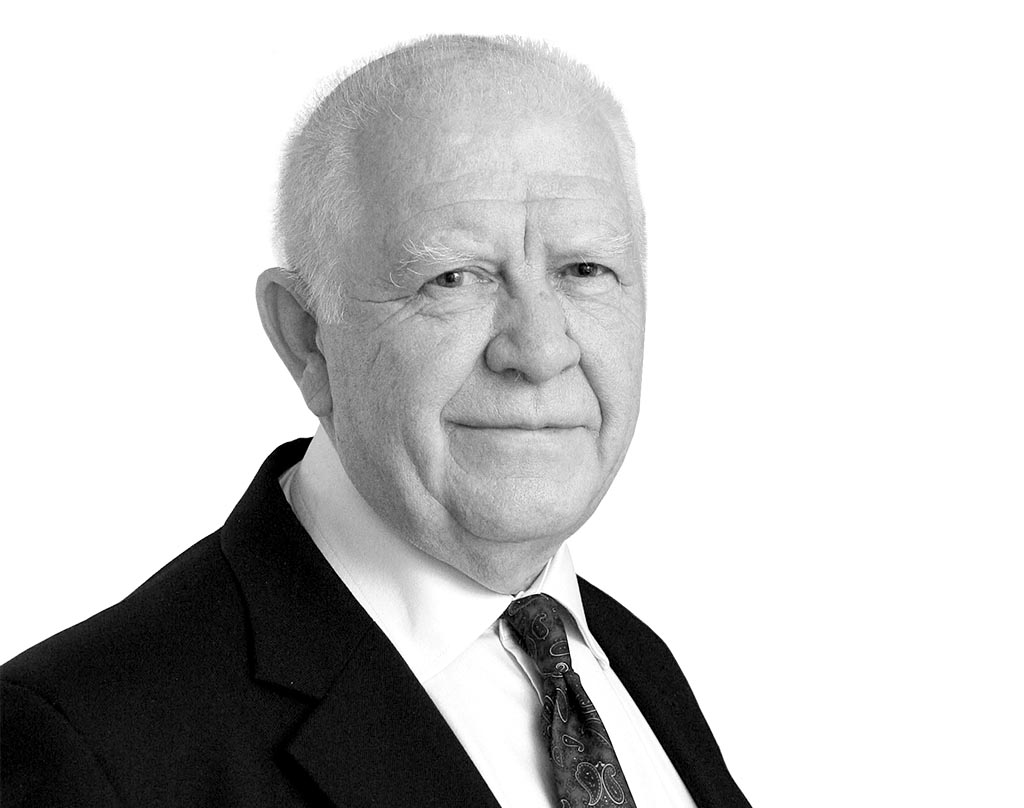By: Keith Miles
The Ukraine war illustrates as did the Slovenia-Yugoslav war that the national spirit can overcome greater odds on the battlefield.
Various commentators have written about this. The most famous ones are the military theorist Von Clausewitz, and also Napoleon and Hannibal. Napoleon is quoted as saying that “in war the moral is to the physical as three is to one,”
There are many examples in history where outnumbered, less well equipped or even out manoeuvred troops may triumph because of high morale. A key single factor is troops defending their own homes and their own homeland. We can mention the Greeks at Thermopylae and Marathon, Joan of Arc, the French Revolutionary Armies in the late 18th century, and Wellington in the Peninsular. In more recent times the defeat of the Luftwaffe in the Battle of Britain by the much smaller Royal Air Force also illustrates the point. The RAF were defending their homeland. Lesser known is the British Army in North Africa of 38,000 defeated 160,000 Italians in late 1940.
More recent examples are the Afghans against the USSR and the Vietnamese against the USA, and then we have the Yugoslav wars.
We know that heavy artillery could not destroy the spirit of the people of Sarajevo, and the mixed bag of soldiers of the Yugoslav Army did not really want to fight against Slovenes in 1991 who were fighting for their own national rights.
Roger Scruton, the famous philosopher, spoke most eloquently about nationality and that ‘ When we wish to summon the ‘we’ of political identity we refer to our ‘country’. ‘We refer simply to this spot of earth, which belongs to us because we belong to it, have loved it, lived in it, defended it, and established peace and prosperity within its borders.’ He also said in reference to the Nazi threat that ‘The instinct of the British people in the face of threat was to resist it, since that is what both duty and love required’. He also noted that home is a ‘place of safety and consolation’, but not just a place but also it is ‘what goes on there’. It is not, according to Scruton’s friend Mark Dooley who wrote about him, narrow nationalism, it is community ‘rooted in territorial allegiance, the rule of law and national loyalty’.
Slovenes who came forward in the Territorial Defence or the Police to defend Slovenia’s independence will understand that very well as will the Ukrainians now fighting for their homeland and community. The Russian leadership will never understand this as they try to make Ukrainians believe that they are really Russian and their ‘place’ is Russia and not the Ukraine.It confuses them that Russian speaking Ukrainians do not think that Russia is their ‘place’. It confuses the Russian leadership that the other minorities in the Ukraine, including Jews and Romanians etc, also see the Ukraine as their place. Slovene know this is the same with their minorities. It is place that is most important as Scruton writes. After all the vast majority in the Republic of Ireland speak English but they do not think that they are part of England. Ireland is their place.
The great advantage of NATO as an alliance, a defensive alliance, is that each member nation knows that its is defending its own place within the alliance. This is why NATO is a logical and most effective force and why it is impossible to imagine that an EU Army, Navy, and Airforce will ever have the same loyalty that national armies in NATO have.
There is at least for many many years no national spirit for the EU, just as the Yugoslav Army found that the was no Yugoslav national spirit when they tried to destroy Slovene independence.
The Ukrainians have reminded all of us of what free people fight for.
Keith Miles is an academic, retired financier, and publicist. He is the honorary president of the Slovenian-British Friendship Association. He holds a bachelor’s degree in finance, a master’s degree in philosophy (MA) and has worked for more than 40 years as a financial and auditor in both the public and private sectors, particularly in the UK.

